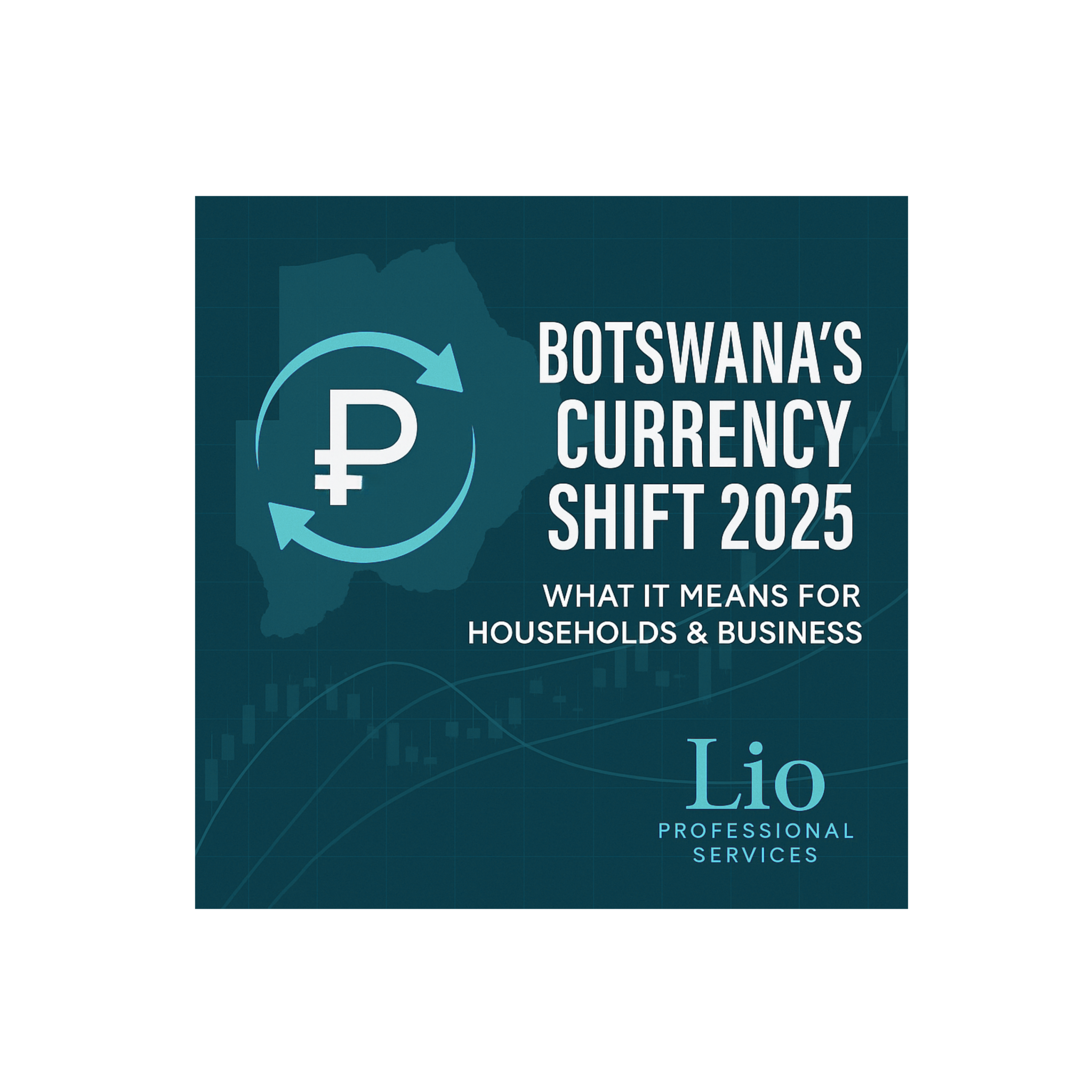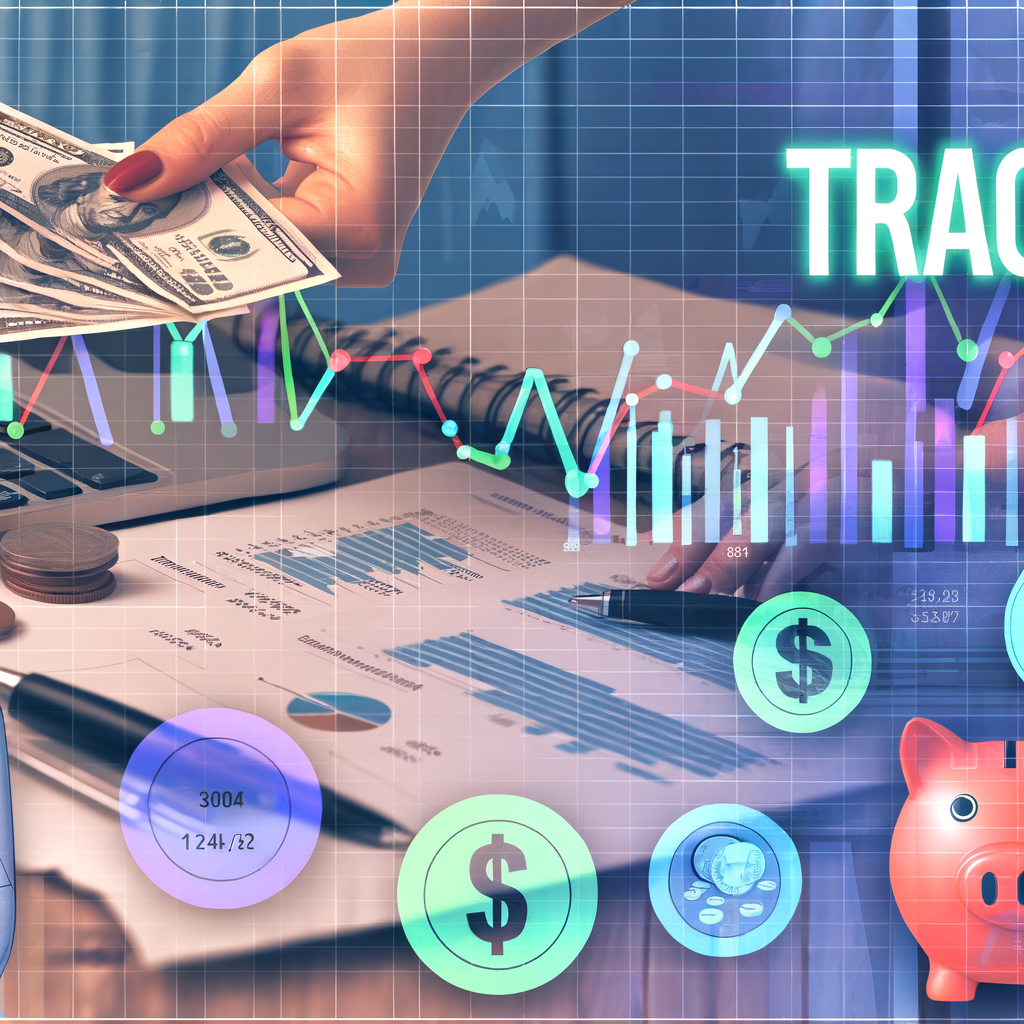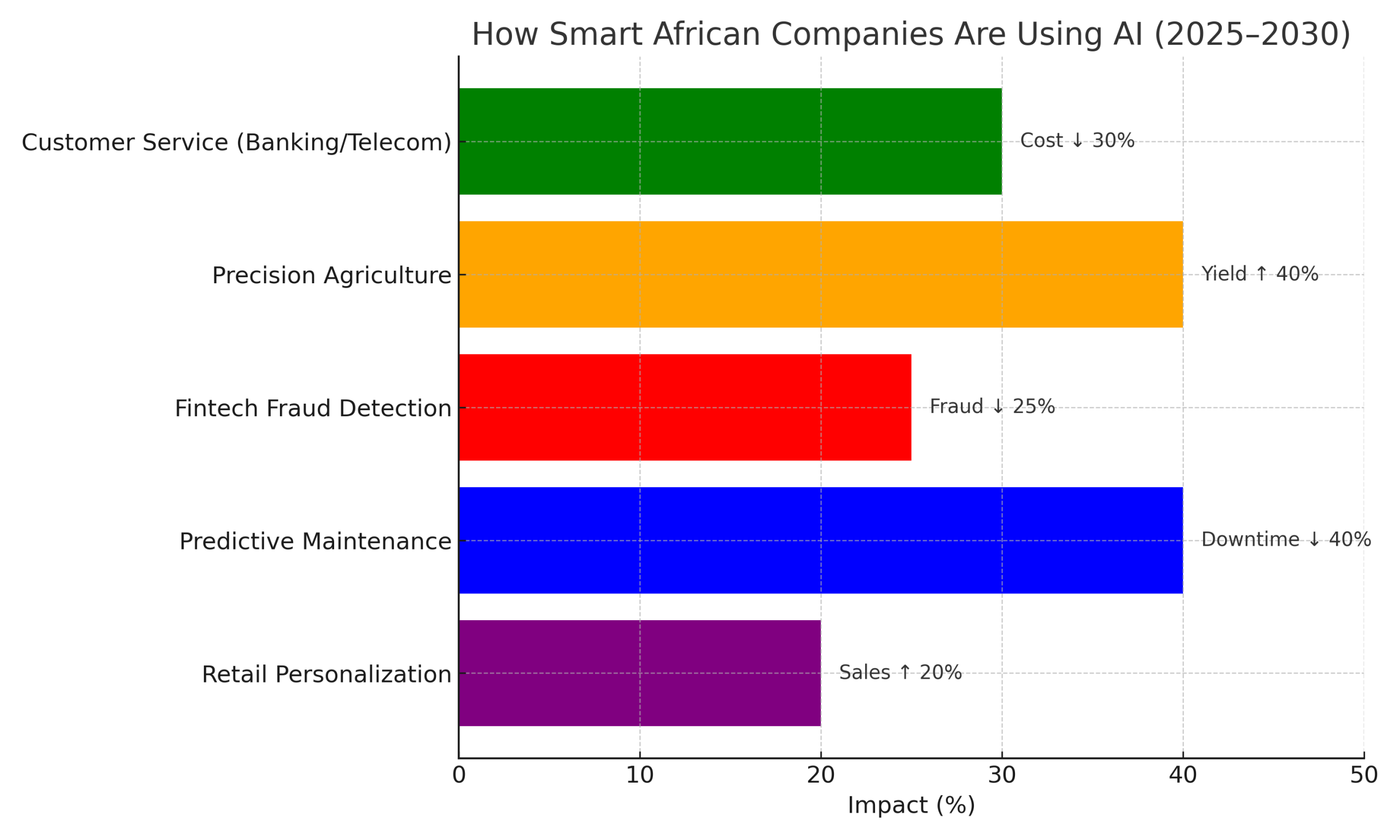In the fast-paced world of business, time is a precious commodity. Business owners and managers, especially, need tools that can help streamline tasks and enhance productivity. One crucial aspect that requires significant attention and efficiency is financial management, which includes tracking expenses, budgeting, and accounting.
In the age of digitalization, mobile applications have become an invaluable tool for this purpose. Historical Background and Evolution. Traditionally, businesses managed finances through manual bookkeeping, a tedious process prone to human errors. With the advent of computerized systems in the 1980s, companies began shifting to electronic accounting. This change made it easier to track and analyze data, but it still required a dedicated expert to handle the complex software. However, with the surge of smartphones in the late 2000s, mobile apps emerged as an accessible platform for every business owner to manage their finances. These apps offer user-friendly interfaces and advanced features that simplify expense tracking and financial management.
Current Trends, Challenges, and Opportunities
The global financial app market is expected to grow at a CAGR of approximately 13.1% from 2020 to 2027 (Grand View Research, 2020). A significant driver behind this growth is the increasing need for real-time tracking of business expenses and efficient budgeting. However, challenges persist: ensuring data security is a critical issue, as these apps often require access to sensitive financial information. Furthermore, the plethora of available apps can make it challenging to select the most suitable one. Nevertheless, the opportunities are immense. These apps enable instantaneous transactions, seamless expense tracking, and automated financial analyses, offering business owners more control over their finances.
Expert Insights
Experts like Farnoosh Torabi, a renowned finance consultant, emphasize the importance of choosing apps that sync well with the business’s needs. According to her, “It’s crucial that the app integrates seamlessly with your existing accounting systems. Look for the feature set that best matches your business needs, and don’t forget to consider factors like ease of use and customer support” (Torabi, 2020).
Data-Driven Analysis
Here are the Top 5 apps that stand out among the rest based on their features, security, and user reviews: 1. QuickBooks: With over 4.5 million businesses using it globally, QuickBooks is a comprehensive accounting solution that offers expense tracking, invoice generation, and reporting features (Intuit, 2021). 2. Mint: Named the best budgeting app by Investopedia in 2020, Mint offers real-time tracking of all financial accounts and budgeting tools to help businesses stay on top of their finances.
3. Expensify: Expensify makes expense reporting a breeze with its feature of scanning and uploading receipts. It is widely recognized for its simplicity and efficiency.
4. Wave: Wave stands out for its free comprehensive accounting tools, ideal for small businesses and entrepreneurs.
5. Zoho Expense: Zoho provides excellent automation features, streamlining the expense management process and reducing manual work. Future Developments and Innovations The future of financial management apps lies in artificial intelligence and machine learning. These technologies can automate data analysis, provide predictive insights, and offer personalized financial advice, revolutionizing how business owners manage their finances. Conclusion: Financial management apps have transformed the way businesses handle their finances, making the process more efficient and manageable. As the digital age continues to evolve, so will these apps, offering more advanced features and personalized experiences. Choosing the right app can significantly improve financial management and contribute to the business’s overall success.






